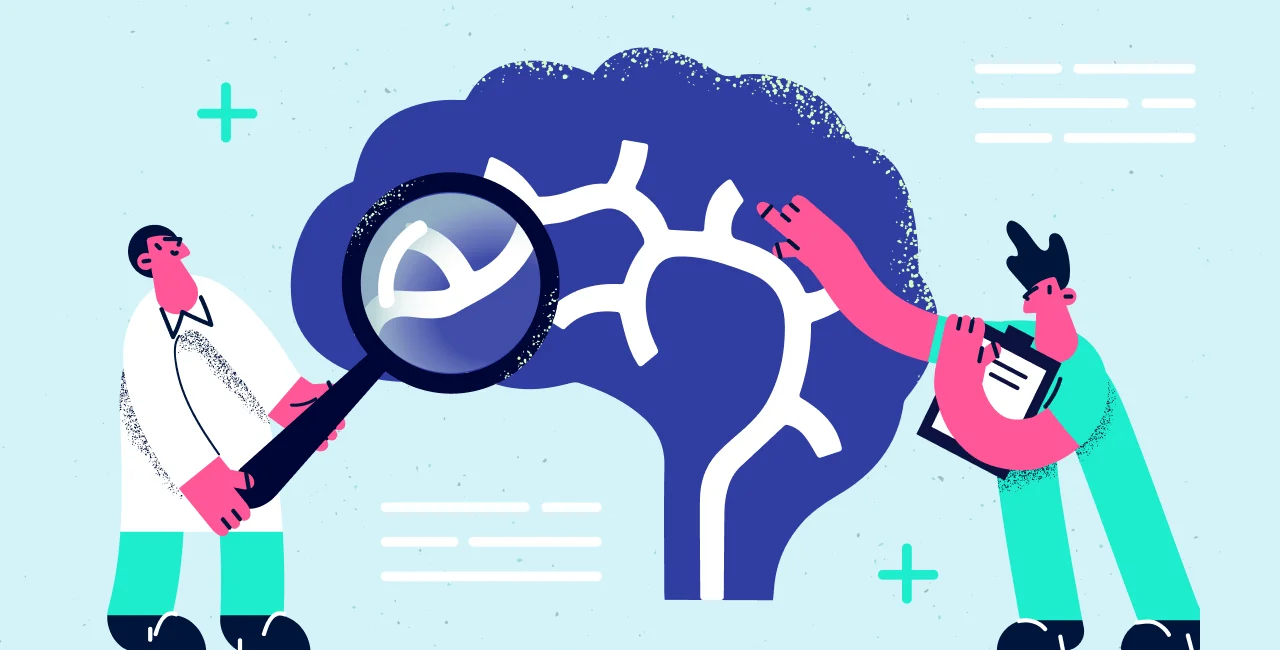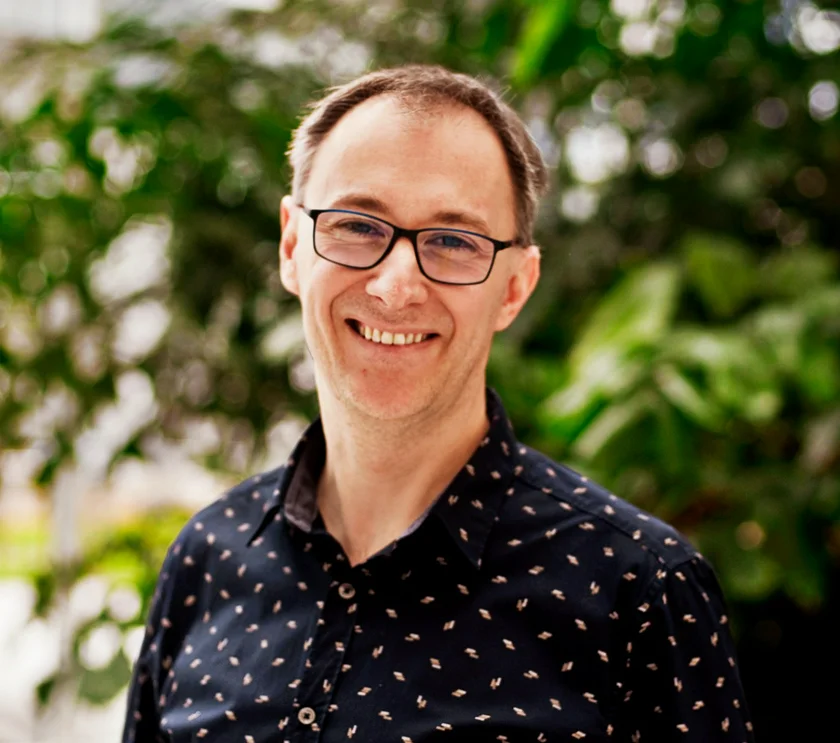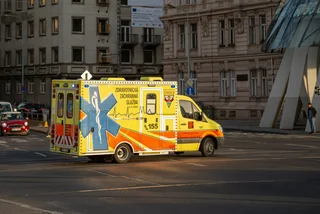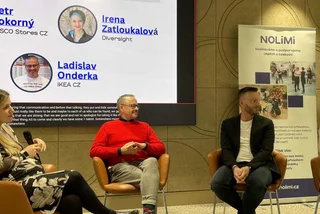On World Stroke Day, we spoke to Dr. Peter Vaško, Ph.D., a neurologist at Concierge Medicine, to discuss stroke advancements in Czechia as well as what you should do if you are experience the symptoms of a stroke.
Dr. Vaško, a seasoned neurologist with 16 years of experience in stroke management, told us that the country’s work in developing a network of specialized stroke units and centers has led to a highly organized infrastructure that sets a global benchmark for efficient stroke care. In short: stroke patients are in good hands in Czechia as opposed to countries like the UK may offer limited stroke treatment availability during specific hours.
What is a stroke and how to recognize the symptoms?
Dr. Vaško explains that strokes are primarily caused by the occlusion or rupture of blood vessels, with artery occlusion being more common. Large vessel occlusion in the brain can result in the rapid death of nearly one billion neurons every minute. Strokes typically occur suddenly, without warning, and often lead to sudden paralysis and speech loss, rendering patients unable to call for help. Quick hospitalization is critical for stroke patients, making a prompt call for an ambulance a vital step due to prehospital triage systems directing patients to specialized stroke centers.
In the event you observe stroke symptoms in yourself or someone else, such as friends or relatives, it is crucial to immediately dial an ambulance at 155 or 112, as this initiates the entire stroke care system.
How is stroke treated in Czechia?
In the Czech Republic, stroke care aligns with established international guidelines and standards. The treatment of strokes predominantly involves two key approaches:
Acute Treatment
- Thrombolytic therapy: Patients who arrive at the hospital within a specific time window (usually within 4.5 hours of symptom onset) and meet certain criteria may be eligible for thrombolytic therapy. This involves the administration of medication to dissolve the blood clot causing the stroke.
- Mechanical thrombectomy: In cases of large vessel occlusion strokes where a clot obstructs a major brain blood vessel, mechanical thrombectomy is performed. This procedure utilizes specialized devices to physically remove the clot.
In the Czech Republic, we have established a well-saturated network of stroke centers categorized into stroke centers, equipped to administer thrombolysis, and comprehensive stroke centers, where mechanical thrombectomy is available.
Rehabilitation and Post-Stroke Care
- Physical therapy: After the acute phase, stroke patients typically undergo rehabilitation, which may include physical therapy, occupational therapy, and speech therapy tailored to their specific needs.
- Medication: Drugs aimed at managing risk factors, such as high blood pressure, diabetes, and high cholesterol, are often prescribed.
- Antiplatelet therapy: May also be recommended to prevent the formation of blood clots and reduce the risk of recurrent strokes.
- Prevention: Patients may receive guidance on lifestyle modifications, encompassing dietary changes and increased physical activity, to promote overall health and minimize the risk of future strokes.
Stroke prevention is highly effective through lifestyle changes and medical intervention. Routine medical tests, blood pressure checks, and monitoring lipid, glucose, and arrhythmia levels can identify and manage risk factors. Comprehensive ultrasound examinations help detect artery narrowing and heart issues that increase the risk of stroke.
"While a stroke diagnosis can be frightening, the reality is that many of the risk factors can be proactively addressed by consulting with cardiologists and general practitioners," says Dr. Vaško. He advises addressing high blood cholesterol, quitting smoking, and undergoing regular blood tests and check-ups are all steps towards preventing stroke.
"These efforts are integral to reducing the risk and ensuring a healthier future. This is the preventive approach offered at Concierge Medicine and it paves the way to a healthier life."
ABOUT THE EXPERT Dr. Peter Vaško, Ph.D., a highly qualified and experienced neurologist, has been practicing medicine since 2002. Currently serving as the Head of the Stroke Center at the Clinic of Neurology, Faculty Hospital Kralovske Vinohrady, Praha, Czech Republic, he also holds a position at the Clinic of Neurology on the 3rd Faculty of Medicine at Charles University since 2012. Dr. Vaško completed his specialization in Neurology in 2008 and earned his Ph.D. in Neuroscience from Charles University in 2015. He is an active member of various medical societies, including the Czech Society of Clinical Neurophysiology and the Czech Neurological Society J.E. Purkyne.
This article was written in association with Concierge Medicine. Read more about our partner content policies here.












 Reading time: 3 minutes
Reading time: 3 minutes 






















